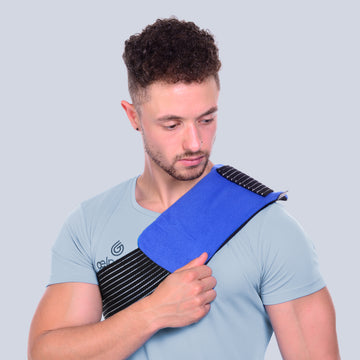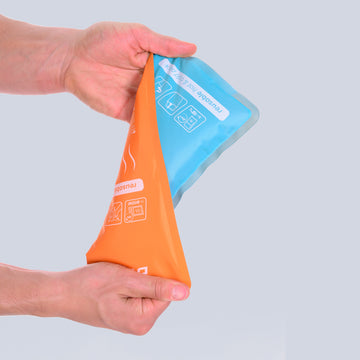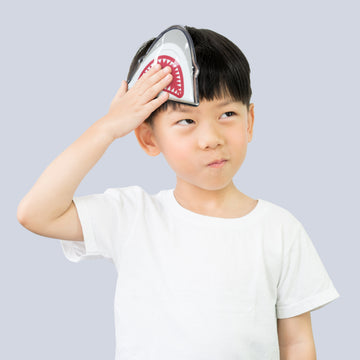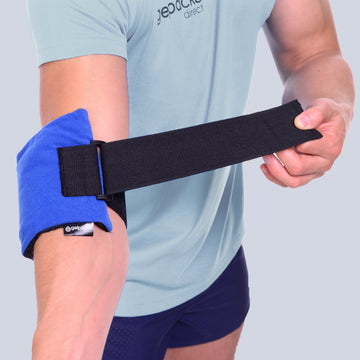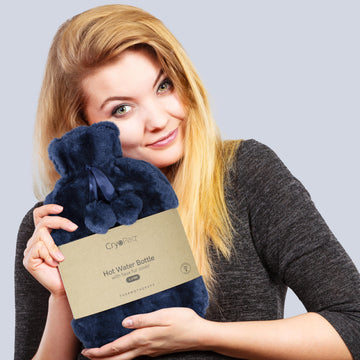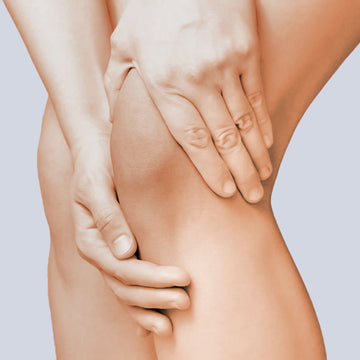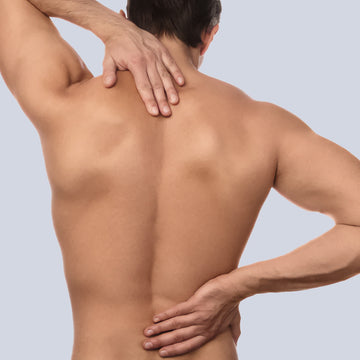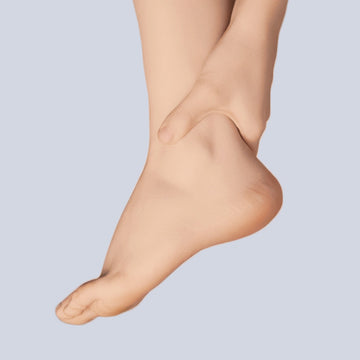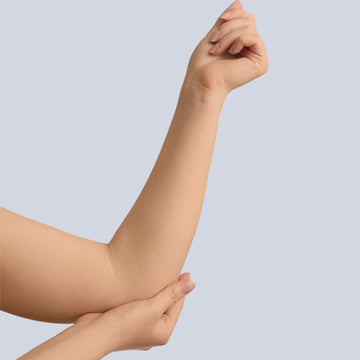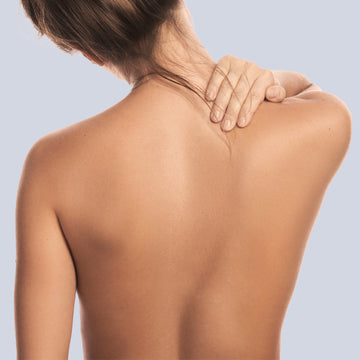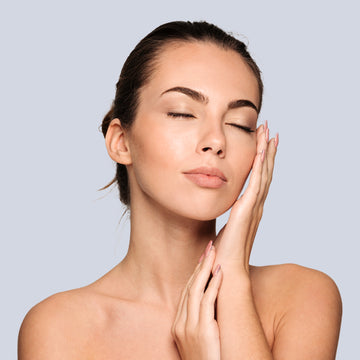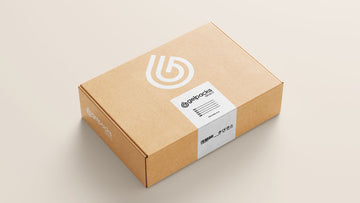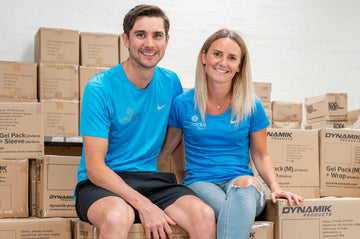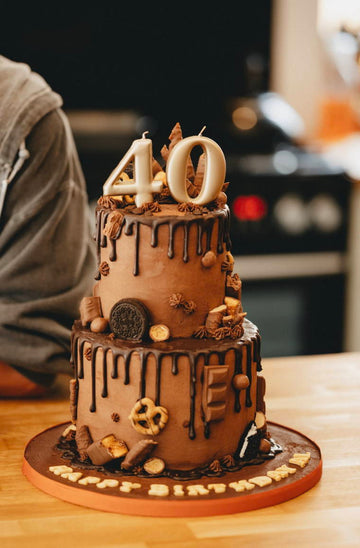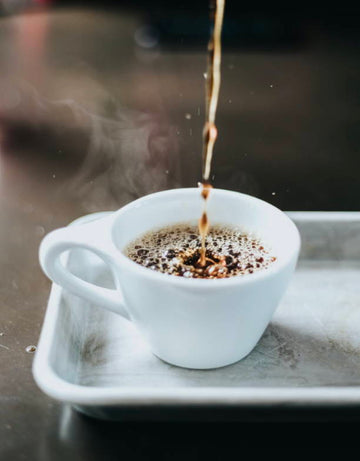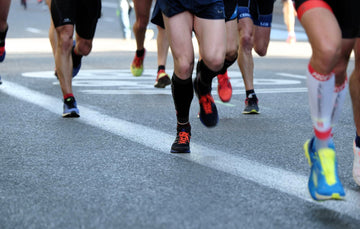Posted by Tia Patel | Mar-02-2020
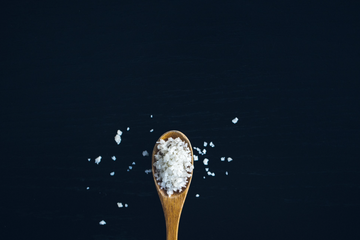
4 questions about electrolytes for athletes
Feeling tired or lethargic after your workout?
Find out how restoring an electrolyte imbalance could help you #recoverbetter from a workout so you can #pushharder ….
What are electrolytes?
Electrolytes are essential minerals (sodium, calcium, and potassium) that are vital to many key functions in the body including producing energy and contracting muscles.
Why are electrolytes important for athletes?
1. They help restore equilibrium in the body.
2. They help you stay hydrated
3. They can improve performance
4.They can prevent muscle spasms
Find out how to use hot and cold to treat muscle spasms and pain here
5. They help the body maintain fluid balance in and out of the cells
6. They regulate blood pressure
7. They regulate nerve and muscle function
8. They allow the exchange of nutrients and waste between cells and the external fluid environment.
When should you replace electrolytes?
- Before Workout: If athletes have a high sweat rate, they might consider drinking an electrolyte beverage or having a salty snack prior to a long workout (> 60 – 90 minutes) or one that is performed in hot temperatures.
- During Workout: Electrolyte products containing sodium and carbohydrates are most beneficial during exercise with sodium replacing lost electrolytes and helps the body utilize carbohydrates as energy for your workout.
- Post Workout: Within 60-90 minutes of exercise, athletes can lose around 1-2% body weight in the form of fluids. So it’s important to rehydrate and replace lost fluids post workout.
How to replenish electrolytes
It’s easier for the body to retain water with the intake of salt, because water naturally follows those molecules. Therefore eating salty foods or a sports drink can help you rehydrate faster than by drinking water alone. The best electrolyte restorers are
1) drinks that are lower in sugar (yet still avoid artificial sweeteners)
2) alternate between the sports drink and water during practice
3) choose a powdered electrolyte so you can control how concentrated your drink is.
Check out our guide to sports drinks and for recipes to make your own at home.
#TeamGPD
